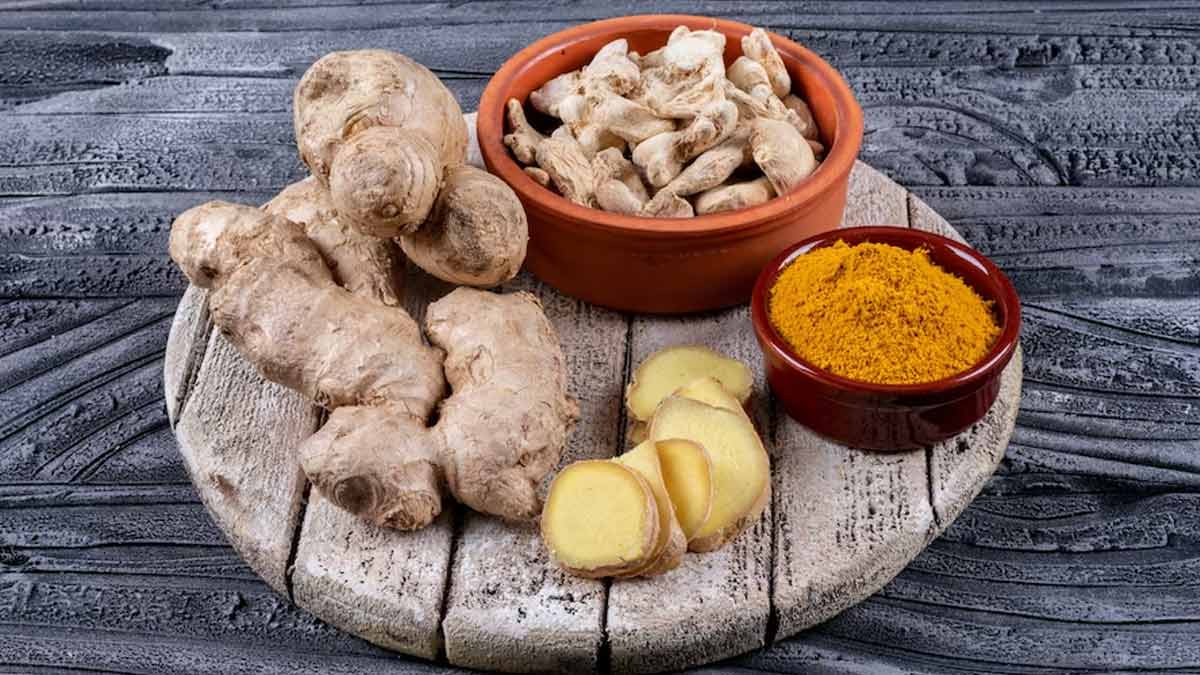
Blood clots are the body's way of preventing or stopping excessive bleeding due to an injury. These are usually harmless and form when a person experiences a cut or a wound on the body. However, blood clots can be dangerous, especially when they form within blood vessels and obstruct blood flow, also called thrombosis. A blood clot that forms in the veins of your legs, arms, and groyne can break loose and travel to other parts of the body, increasing your risk of complications like Pulmonary Embolism (PE).
Table of Content:-
Speaking with the OnlyMyHealth editorial team, Dr Soumita Biswas, Chief Nutritionist, Aster RV Hospital, Bengaluru, discusses both the scientific as well as natural ways to prevent dangerous blood clots.
Also Read: Do You Get Bruised Easily? Doctor Explains Possible Causes
What Are Anticoagulants And Do They Have Side Effects?

While anticoagulant medications, also called ‘blood-thinning’ medicines, like Acitrom or Warfarin help in preventing blood clots, these are not free of side effects, according to Britain's National Health Services (NHS). Some of the common side-effects include:
- Passing blood in your urine and stool
- Severe bruising
- Prolonged nosebleeds
- Bleeding gums
- Vomiting blood or coughing up blood
- Heavy periods in women
Dr Biswas says, “If a person is on Acitrom or Warfarin anticoagulants, they have to avoid certain foods, which can lead to a food-drug interaction, which means a reaction between the drug and the food.”
Foods like cabbage, cauliflower, broccoli, soya, green leafy vegetables etc. are rich in vitamin K, which can cause reactions when they come in contact with Acitrom and Warfarin.
Foods That Are Natural Blood Thinners

According to Dr Biswas, there are certain foods that can act as blood thinners. They can naturally help in preventing blood clots, and reduce the risk of a heart attack, stroke, and other serious medical problems. These include:
Vitamin E
Vitamin E-rich foods, such as sunflower seeds, almonds, peanuts, avocados, red bell pepper, and hazelnut oil, are said to have blood-thinning properties that help prevent blood clotting. However, the National Institutes of Health's Office of Dietary Supplements suggests that people who are already on blood-thinning drugs should avoid taking large doses of vitamin E, as it can lead to severe bleeding.
Turmeric
Curcumin is an essential ingredient in turmeric, that gives the spice its anti-inflammatory and blood-thinning properties. In 2019, a review in the EPMA Journal suggested that turmeric may help prevent blood clotting, reports Medical News Today. However, the research authors advise against using turmeric with blood-thinning drugs.
Ginger
Ginger contains a natural acid called salicylate, which is known to have blood-thinning properties. However, just like other foods with blood-thinning effects, ginger should not be consumed by people already on anticoagulants, such as Warfarin.
Cayenne peppers
Just like ginger, cayenne pepper also contains salicylate, which has strong blood-thinning properties. According to a study published in the Ascendens Asia Journal of Multidisciplinary Research Abstracts, cayenne pepper extract acts as an anticoagulant agent in type O+ blood samples.
Also Read: Expert Lists Foods To Prevent Arteries From Clogging
Bottomline
Natural remedies are always better than medications, as they contain minimum side effects. That said, natural blood thinners like vitamin E, ginger, and cayenne pepper can be beneficial for people who are at an increased risk of blood clot-related health problems. However, it is important to consult your doctor before resorting to any measures, especially if you are already on anticoagulants.
Also watch this video
How we keep this article up to date:
We work with experts and keep a close eye on the latest in health and wellness. Whenever there is a new research or helpful information, we update our articles with accurate and useful advice.
Current Version